|
In the ‘mega camps’ of Bangladesh, Rohingya refugees are stuck living in one of the toughest environments on earth. There is little access to education and girls face pressure to stay home. But in spite of this, there is hope. We hear from Bristy, one of our Project Officers in Bangladesh who shares what she and the team are doing to change attitudes and inspire girls to learn. In Bangladesh, together with our local partners, Children on the Edge provide access to quality education and support for over 6,300 Rohingya refugee children. Bristy Dey is a Project Officer in Kutupalong camp and understands only too well the pressure to stay home. She tells us more about her work in the camp and how she’s working with the team to change attitudes and encourage girls to attend school..... MEET BRISTY When I was young, it was expected I would get married after completing secondary school, at around age 14. But I didn’t want to get married, I was determined to get an education and have my independence rather than marrying young. Thankfully, my mother supported my decision. During high school and college, I faced regular unwelcome marriage proposals, a constant reminder of the path expected of me. But I was determined to complete my education and fund my own university place, which I did, and also went on to complete my Masters in Business Administration. In 2018, I began working as a Project Officer for Mukti Cox’s Bazar, working with Children on the Edge to support the learning centres for Rohingya refugees in Kutupalong camp. Within the Rohingya culture, pressure is still placed on girls to leave education and help at home, and many feel that religious instruction should be prioritised for children. We try hard to tackle these attitudes and encourage girls to attend school. My colleagues and I make sure we have regular conversations with Imams and parents to talk about the benefits of mainstream education for all. We also make sure lesson times in our classrooms don’t overlap with madrassas (religious school / lessons). To protect students and help teachers spot signs of abuse, we train our teachers on PSEAH (prevention of sexual exploitation, abuse and harassment). As a result of our work, in the last six months, we are seeing a different. There has been an increase in attendance (especially for girls) in our classrooms in Kutupalong and on Bhasan Char island, where many refugees have been relocated. In Kutupalong attendance has risen from 92% to 95%. All the teachers at the learning centres are passionate about ensuring Rohingya girls can come to school and act as role models for the students to show what is possible with an education. I was not deterred by the challenge of working with refugees, and hoped to break down barriers and earn the trust of the community in order to make a meaningful contribution and difference. I am so pleased that we are seeing that difference now, with so many of the girls thriving at the learning centres.
From a personal perspective, I achieved my dream of fighting back against the pressure to marry young, and now I work in this remarkable programme, bringing education to countless Rohingya children, helping them grow in confidence. I want to continue to challenge those attitudes with the Rohingya community, so that girls can benefit from the power of education.
Support usComments are closed.
|
RECEIVE OUR EMAILSBlog Categories
All
Archives
July 2024
|
|
JOIN US ON SOCIAL MEDIA
|
Annual Report | Contact Us | Jobs | Media Centre | Resources | Shop
Accessibility & Policies: Accessibility | Equity, Diversity & Inclusion Policy | Complaints| Privacy Policy | Safeguarding
Accessibility & Policies: Accessibility | Equity, Diversity & Inclusion Policy | Complaints| Privacy Policy | Safeguarding
Children on the Edge, 5 The Victoria, 25 St Pancras, Chichester, West Sussex, PO19 7LT, UK | 01243 538530 | [email protected]


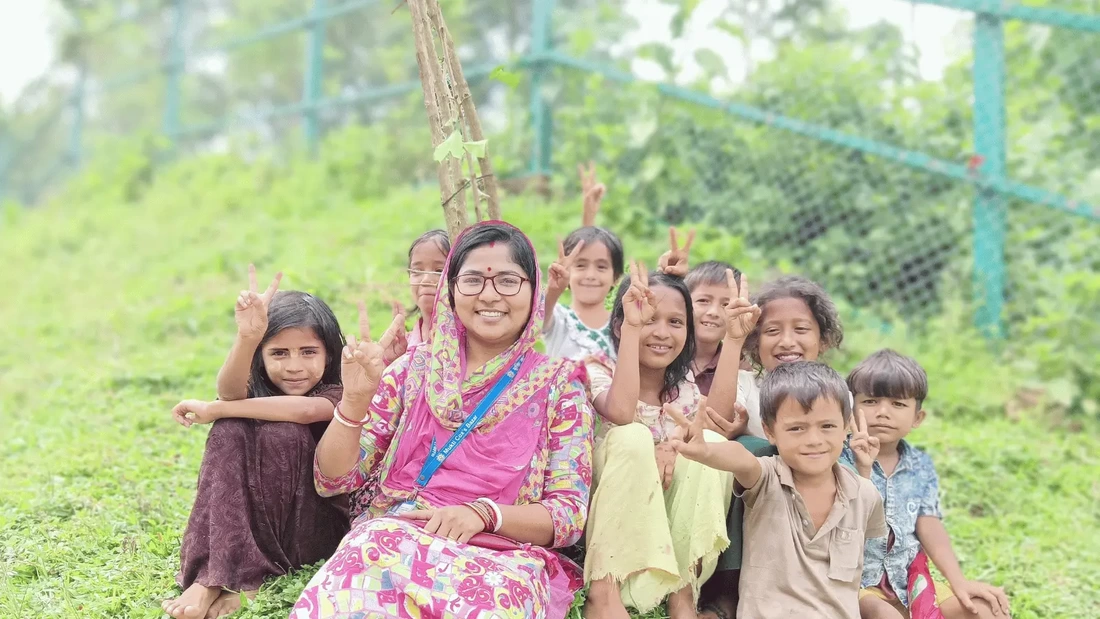
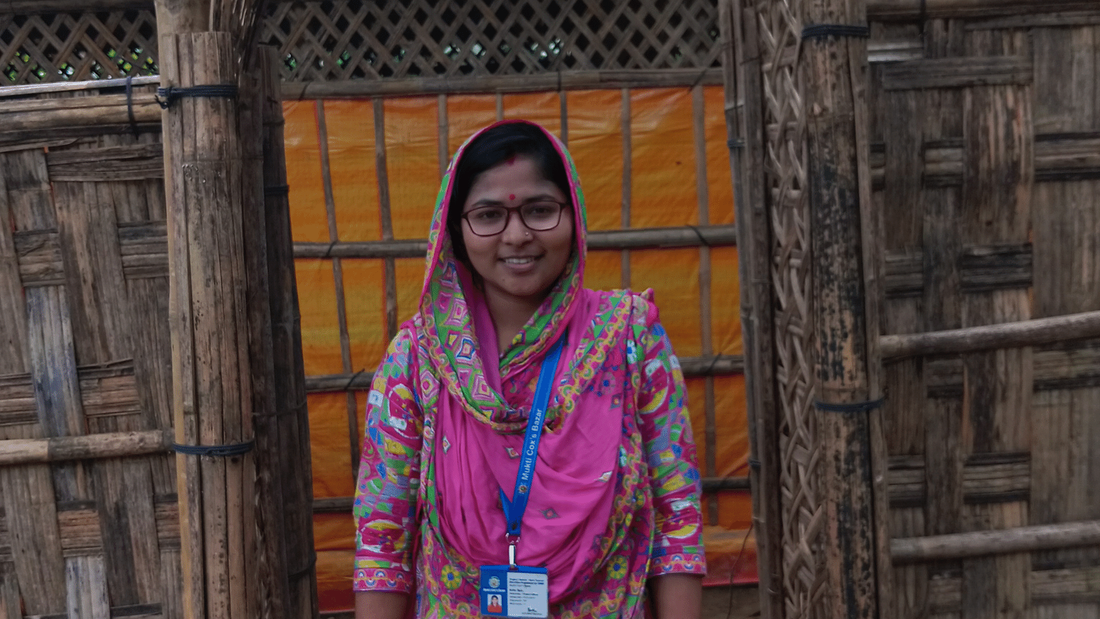
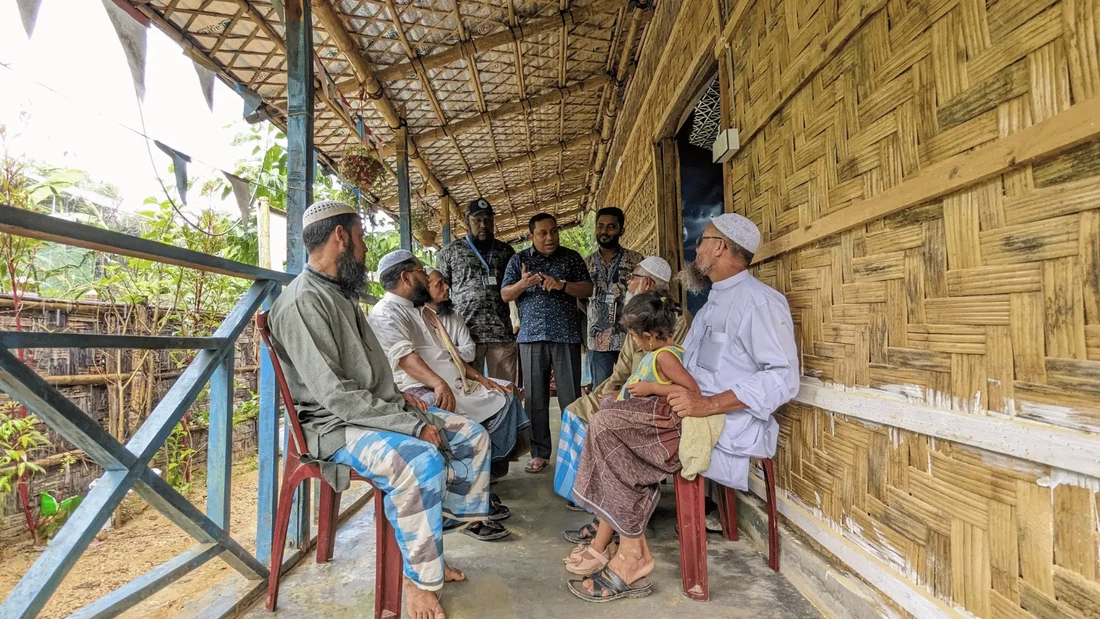
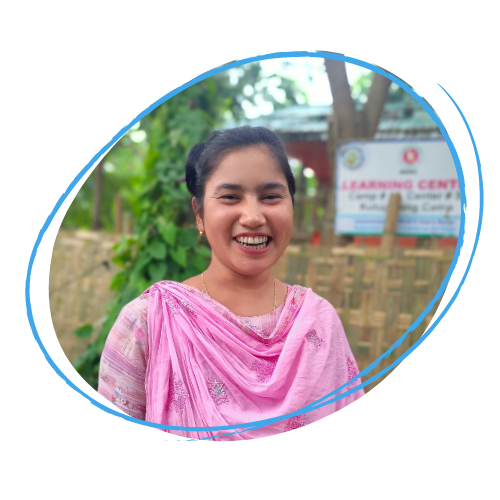
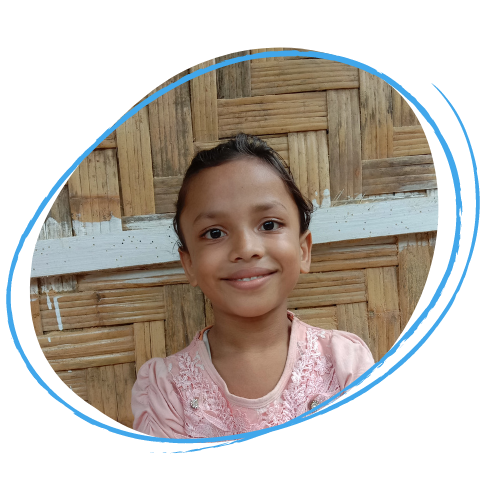
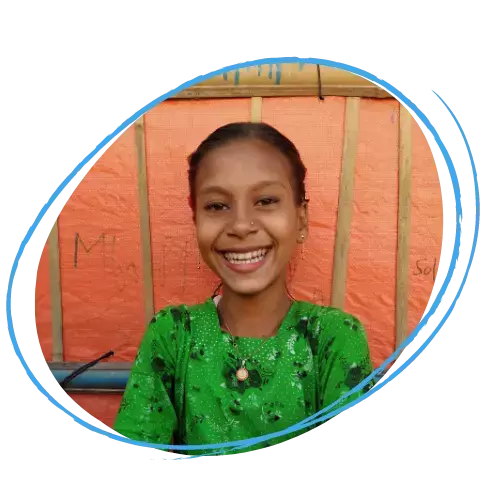
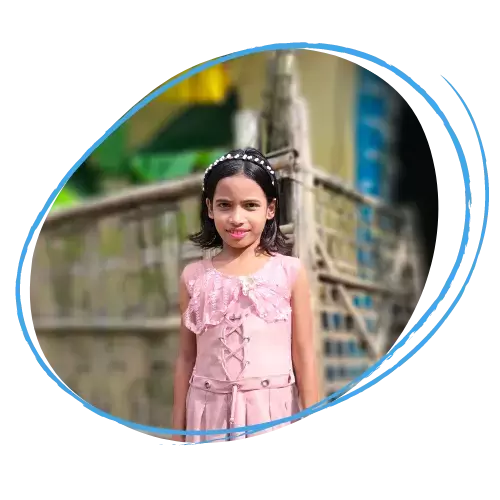
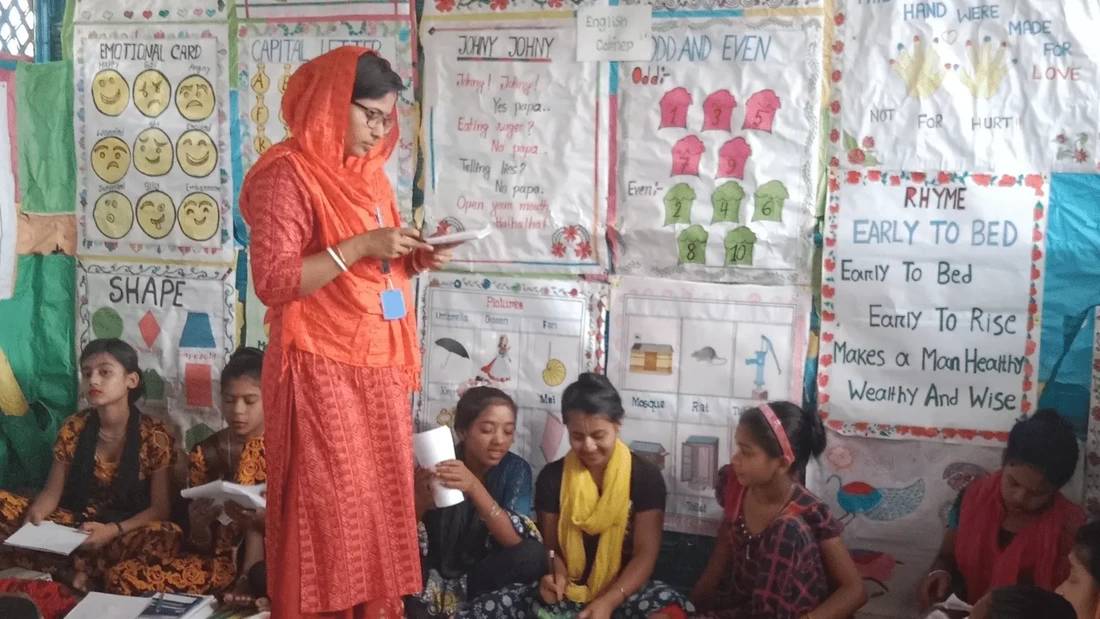
 Give monthly
Give monthly Fundraise for us
Fundraise for us RSS Feed
RSS Feed
